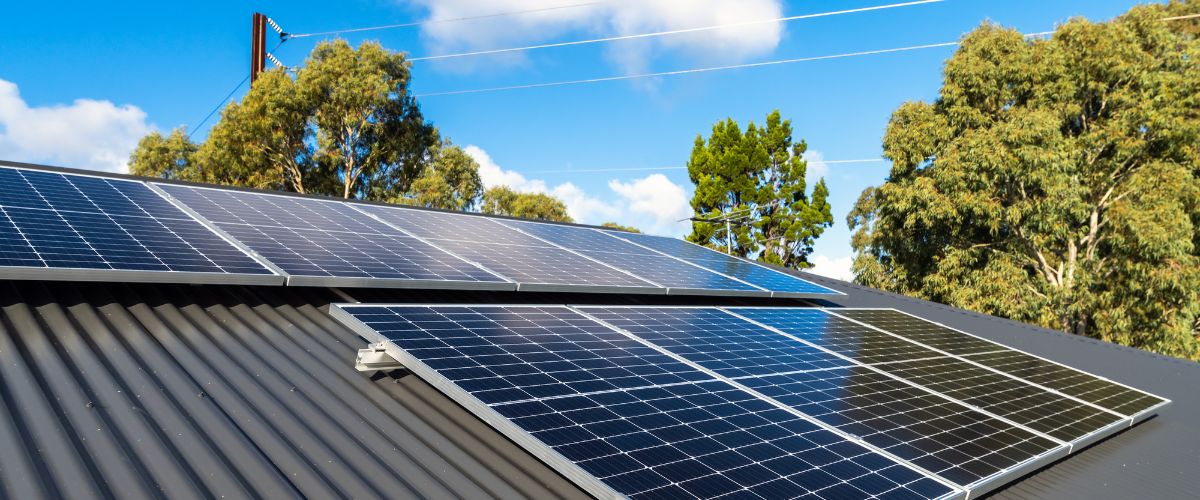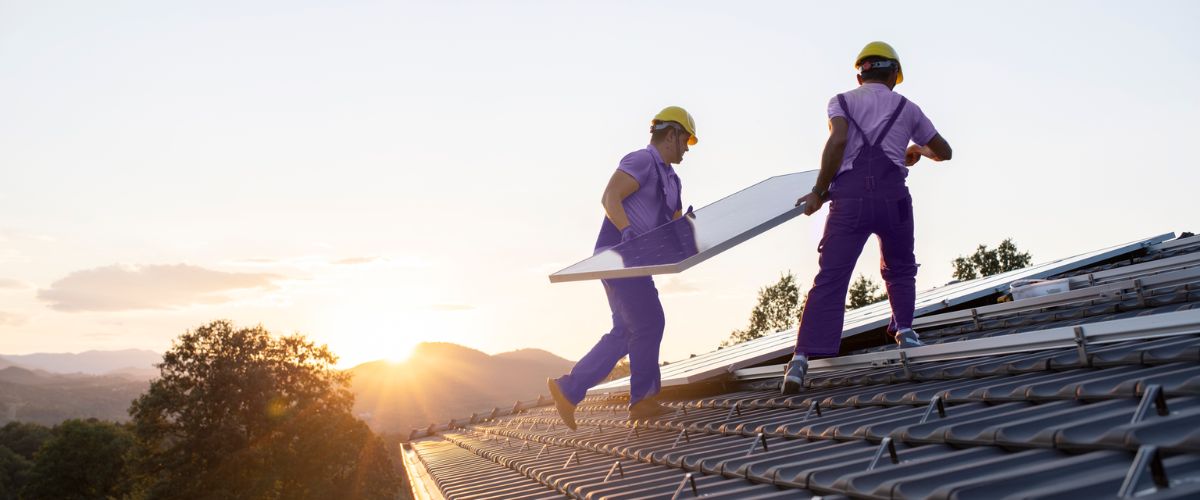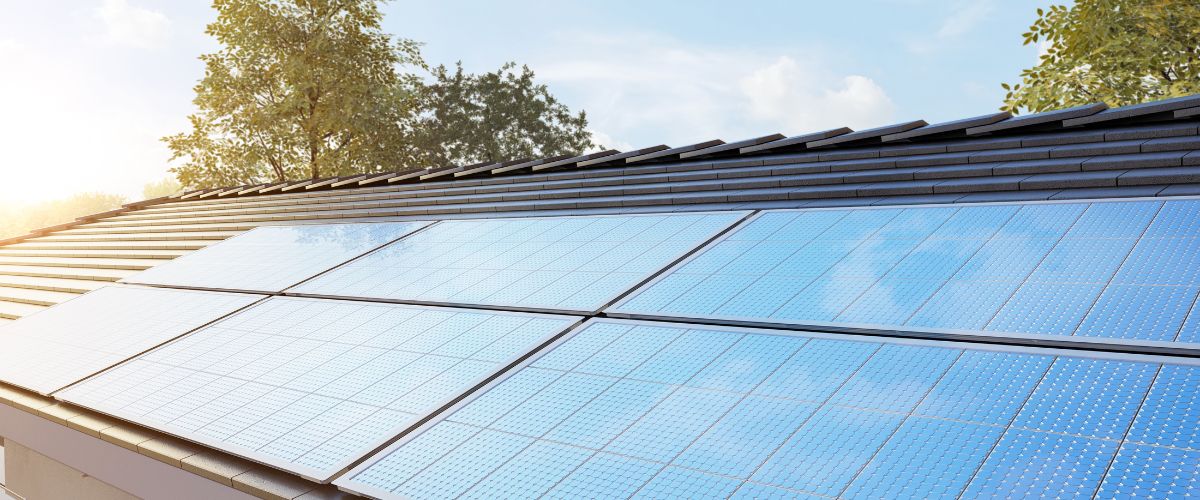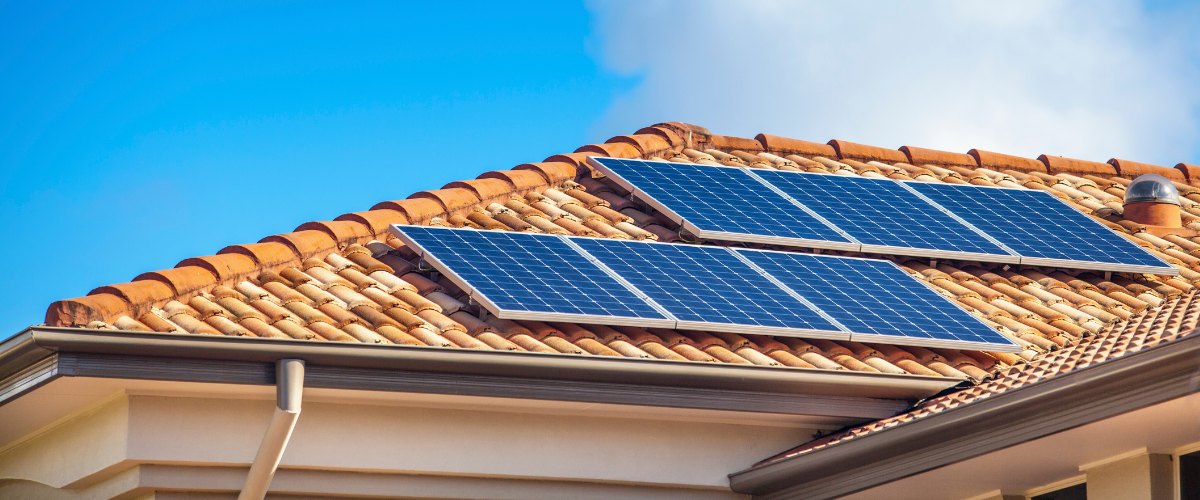The Advantages and Disadvantages of Solar Energy
The renewable energy sector is booming in Ireland and around the world. As governments acknowledge the impact global warming is having on our environment, the race is on to move to cleaner forms of energy generation. Unfortunately, getting there is more difficult than we might imagine.
The best news is in the electricity generation sector where more than a quarter of the world’s power is generated using renewable sources. It is important to know, more energy is needed for heating, cooling, and transport. The statistics around this kind of energy are not so good. Less than 10% of each sector use clean forms of energy with the vast majority still relying on fossil fuels and increasing their carbon footprint.
Ireland has committed to a 40% EU-wide reduction in greenhouse gas emissions by 2030. Unfortunately, we missed our 2020 targets but are still working towards the goal at the end of the decade.
Globally solar energy is the biggest driver of growth in the clean energy sector so let's take a deep dive into this environmentally friendly powerhouse.
What is solar energy?
Solar energy is the transformation of heat from the sun. It has been used for millennia for heating, cooking, and drying. In the mid-1950’s solar panels were first produced that enabled energy from the sun to be turned into electricity. You can learn more about how this process works in our guide to how solar energy works. Like everything, there are pros and cons to solar energy:
What are the advantages of solar energy?
There are many advantages to harnessing the sun’s power to create the energy we rely on in so much as part of modern living:
1. Pollution Free: Solar energy causes no greenhouse gasses to be omitted after installation so it doesn’t damage our environment.
2. Reduces dependency on fossil fuel: the more solar energy is used, the less we will rely on the world’s finite fossil fuels.
3. Low maintenance: solar panels require less maintenance than many alternative forms of power generation and most panels will last between 25-30 years.
4. Power every day: although the sun may not shine every day, solar panels will still generate some power.
5. Hot water: although there is an upfront cost, solar panels are a fantastic way to generate hot water for a fraction of the price of an electric or gas-powered system in the long run.
6. Grants and tax incentives: there are grants and tax incentives for households and businesses in Ireland to install solar panels.
What are the disadvantages of solar energy?
Fortunately, there are not a huge number of disadvantages to solar energy but a few worth noting include:
High initial installation cost: the initial investment into solar panels is high and they only begin to show return on investment after a few years. However, government grants, tax incentives, and the decreasing solar panel cost in Ireland, along with improvements in solar technology, are making them more accessible to everyone.
Uses up a lot of space: solar panels still require a lot of surface area to create expected levels of power. Although, efficiency has increased from 15% to over 20% in the last decade and is growing all the time.
Battery Banks: solar energy is only created during the day so every system will require a battery unit to supply power at night.
Inconsistent power generation: seasonality and weather will impact the production of power.
Aesthetics: solar panels traditionally look quite industrial which may be a challenge for some domestic users. The newest panels are lower profile and blend in more with their environment.
Lifespan: solar panels last between 25 and 30 years, although this is likely to increase as technology improves.
More power from the sun hits the earth in an hour than people use in an entire year. It is a fantastic, renewable energy source that we should make the most of.
Adding solar panels to your home is one way you and your family can save on the long-term cost of electricity. Switching to Energia is another.



